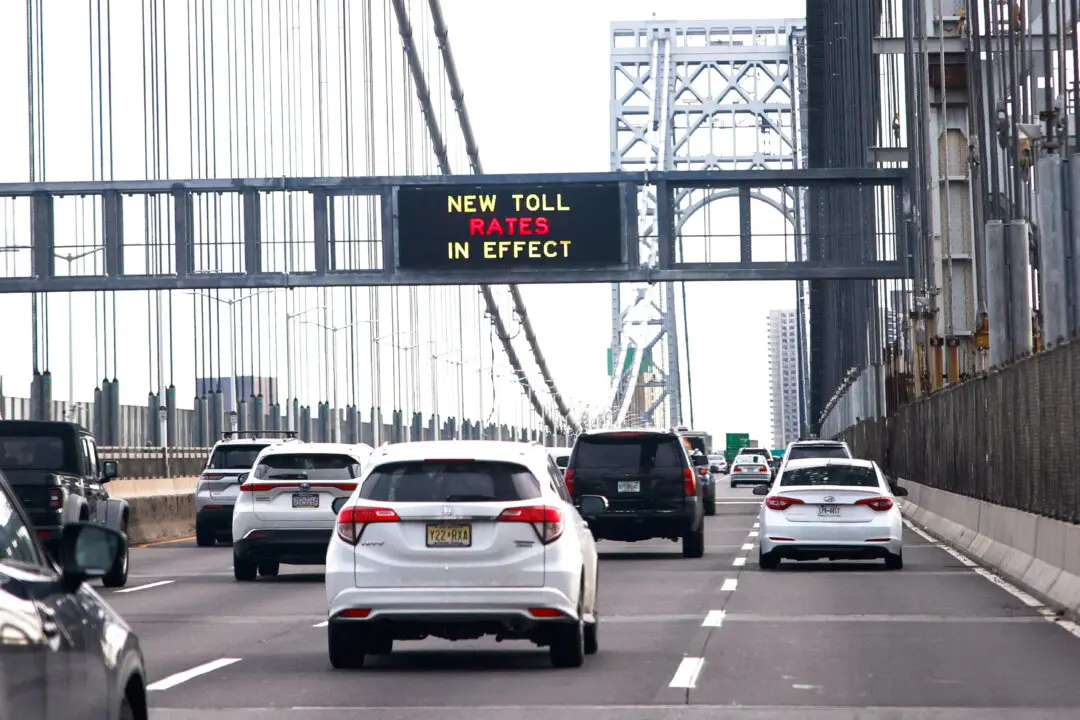The U.S. Department of Transportation (DOT) has terminated approval for New York City’s Central Business District Tolling Program, ending the plan that charges drivers a new toll when entering Manhattan below 60th Street.
This decision rescinds a Nov. 21, 2024, agreement that had allowed tolls under the Value Pricing Pilot Program (VPPP), according to a statement from the department.





